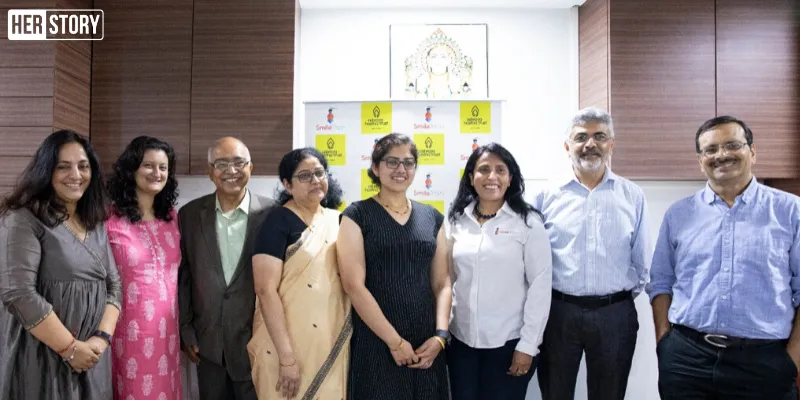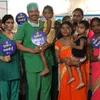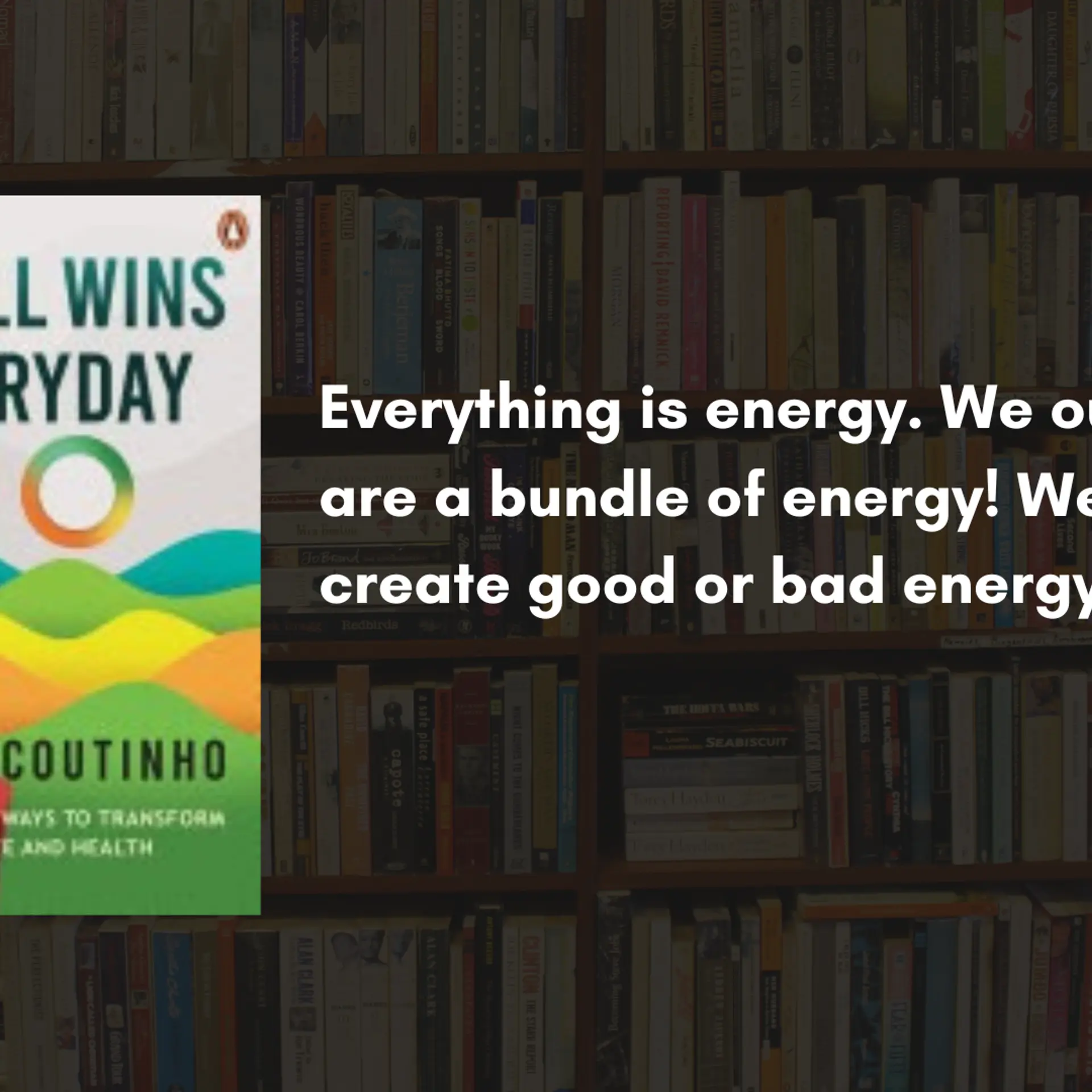This woman entrepreneur born with a cleft deformity is helping children like her
Divya Dinesh, Founder and CEO of Addvantis Enterprises, is helping children with cleft lip and palate to get free surgeries, as well as training hospitals with Smile Train.
In India, every year, more than 35,000 babies are born with cleft lip and palate. The deformity forms when the tissues forming the face during pregnancy, don’t join. It results in an opening in the upper lip in case of a cleft lip, and an opening in the roof of the mouth, in case of the cleft palate.
Divya Dinesh, Founder of Addvantis Enterprises, was also born with a cleft lip. When Divya was 11-months-old, she underwent surgery for it, which left a scar above her lips. At the age of 18, she underwent another corrective surgery for it.

With the media constantly talking about beauty, people with scars, especially on their faces, can become conscious. Divya reveals that the scar on her face made her an introvert, and eventually, she shied away from conversations, dropped-down her volume while talking, and changed her personality.
It was only at the age of 23 that she was finally able to overcome the hurdle that the scar posed to her. At a personality development class, an instructor noticed that she was holding herself back. The instructor decided to let Divya see that the scar should not hold her from being herself.
He conducted a small experiment. Of the 100 or more participants present, the instructor asked how many of them noticed the scars. Less than five hands were raised, of which two-three of them were doctors. That day, Divya decided to let go of her insecurity and be her true self.
Making a difference
An ardent animal lover, Divya always had a tough time finding skincare products that were vegan and were not tested on animals. Plagued by sensitive skin, she also had to find products that were free of harsh chemicals. This led her to learn aromatherapy and start creating products with a few experts.
In 2016, along with her mother Asha Dinesh, Divya set up Addvantis Enterprises and launched the brand Vedaearth. Its vegan and PETA-certified line of products include facial oils, face washes, body washes, as well as hair and essential oils.
She noticed that people had the choice to go vegan while buying products, however, while availing services the choices were restricted. To cater to this, Divya launched a vegan spa, Vedaearth Lounge, that offers beauty and spa treatments with vegan products and are also free of harsh chemicals like sulphates.
Divya says that veganism is an emerging concept in India. During the early stages of the brand, she had to create awareness about vegan products and its meaning to expand her target market.
“By choosing a brand that uses only vegan ingredients, you are contributing to ensure none of the products are tested on animals. Every time you purchase a product from a brand that tests on animals or sells in a country which requires you to test it on animals, you're just promoting that cause, which is where it's important to choose,” says the 29-year-old entrepreneur.
Divya also works with Smile Train, an international children’s charity for cleft lip and palate that provides free surgeries for children affected by it. Further, she is an investor for the organisation and sponsors surgeries for kids, as well as training for nurses and doctors at various hospitals.
“I had one of the smaller forms of cleft lip, which isn't too noticeable, but there are kids with severe forms of a cleft than me. Not just the lips, but also their nose gets affected,” she adds.
Divya also visited partner hospitals and helped launch the project in Jain hospitals in Bengaluru. She recalls a particular visit when she met parents of a child seeking surgery for cleft lip.
“They were surprised to know that I was also a cleft-born kid because they couldn't make out the scar. So they were very happy to know that this is how their kid is also gonna grow up to be.”

Divya Dinesh with Smile Train India members.
The stigma of cleft lip
In India, not many people know about cleft lip and surgeries that can help children. Smile Train helps in awareness programmes because of the stigma and stereotypes attached to the deformity.
Divya says, “People believe that if a child is born with a cleft, the mother would have gone out during an eclipse or she was holding a sharp knife during the solar eclipse. This way, they blame the mother for the baby's deformity. Not only does it affect the child, but it also affects the mother.”
She iterates that awareness is needed for people to know that it is not life-threatening and surgeries can help transform the lives of children. A cleft lip or palate surgery costs about Rs 19,000, which is not affordable for all. With awareness, more parents can access the help of Smile Train to avail surgeries.
Smile Train spokesperson says, “Children, who are born with severe cleft lip and palate, often face a lot of difficulty in breathing, eating, and also in speaking. Their speech is majorly impacted where they can’t speak properly, which leads to differentiating among children and people bullying them. There's a lot of social stigmas involved as far as I have noticed being around the kids.”
These social stigmas are a result of lack of awareness, said the spokesperson. However, with awareness, the average age of children undergoing cleft lip and palate surgeries has come down to six months to one year.
Divya hopes to continue her association with Smile Train and help more children with surgeries. She wants to ensure that treatment is available to a lot more people by training more hospitals and making people aware of the treatment available.
(Edited by Suman Singh)








